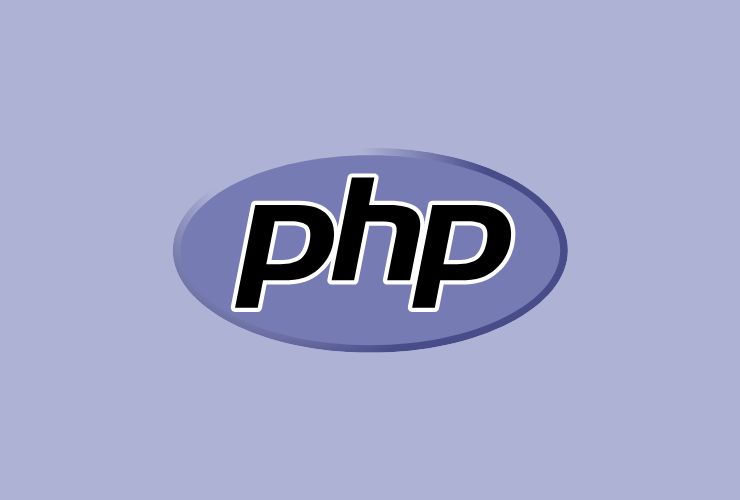The field of mobile application development has progressed quickly, giving businesses many options to realize their ideal mobile applications. There are two major types of approaches to mobile application development: native application development and cross-platform application development. It is important to understand the differences, advantages, and drawbacks of each approach so that you can make an informed decision, to help provide a mobile app that fulfills user expectations, performs well, and provides the greatest return on investment.
What is native applications development?
Native apps are created for a single mobile operating system, either iOS or Android, and use programming languages built specifically for that platform.
- iOS: Swift or Objective-C
- Android: Kotlin or Java
Pros of native applications:
- High Performance: Native apps are optimized to utilize platform-specific hardware and as a result can provide smoother animations, faster loading times, and interfaces that users will find responsive.
- Full Feature Access: Native apps are designed to seamlessly integrate with and access device hardware in ways that other application types cannot; such as the camera, GPS, motion sensors, biometric authentication, and augmented reality.
- User Experience: Native apps utilize platform-specific guidelines to ensure intuitive navigation and interactions, as users are accustomed to as a native experience of the mobile platform.
- Security: Native development allows the organization to have more complete control over security features and native applications are ideal for applications that require the handling sensitive data.
Cons of Native Applications:
- Ignoring the complexity of creating multiple applications for both operating systems, the cost to develop each will be considerably higher.
- The need for two separate code bases for support, maintenance, and updates.
- Faster developments timelines when comparing native applications to cross-platform alternatives.
What is Cross-Platform App Development?
Cross-platform apps utilize frameworks that permit a single codebase to deploy in a variety of environments, reducing development time and cost. Some popular frameworks include:
- Flutter (Google)
- React Native (Facebook)
- Xamarin (Microsoft)
Benefits of Cross-Platform Apps:
- Faster Development: One codebase works across multiple platforms, accelerating time-to-market.
- Cost Friendly: The development and maintenance costs are reduced for applications with multiple platforms.
- Similar UI: Equal branding and experience on iOS and Android.
- Easier Updates: The code is updated across all platforms.
Disadvantages:
- Cannot use all platform features, like ARKit on iOS or more advanced sensors on Android.
- Performance is slightly lower, especially for graphics-heavy or resource-heavy apps.
- Debugging for platform-specific issues can be tedious and requires additional testing.
When to Opt for Native Development
Native app development is applicable for projects that prioritize performance, complex functionality, and deep integration with the native device’s hardware.
- Performance-Critical Apps: High-performance apps like games, AR/VR apps, and apps that need to perform complex functionalities in real time.
- Deep Device Features: Apps that make heavy use of device sensors, biometric authentication, or advanced camera features.
- Platform-Specific Design: Apps where the user experience needs to be fully compliant with either iOS or Android design guidelines, as in the case of secure banking apps or professional applications.
- Long-Term Scalability: Projects from large enterprises or apps that expect to become complex as new features are added over time.
Example: Cartoo Interactive developed a high-end mobile game that involved 3D graphics and fluid multiplayer performance. The project would require native implementation to achieve the highest level of performance.
When to Opt for Cross-Platform Development
Cross-platform development is appropriate for projects where the cost, speed, and uniformity are the most important factors.
- Budget Considerations: Startups or smaller business models targeting both iOS and Android but with a limited budget.
- Accelerated Time-to-Market: Anything that requires a rapid launch across multiple platforms.
- Consistent Brand Experience: Applications where a consistent UI and UX across platforms is imperative, and the platform-specific features are not as relevant.
- Simple or Minimal Viable Products (MVP): Proof-of-concept, informational apps, or simple apps that don’t need excessive functionality.
Important Aspects to Consider When Choosing a Platform
- Intended Audience: Determine your users’ preferred platform and device usage.
- Budget & Timeline: Analyze your budget constraints as well as how quickly you need to build it—native apps will require more budget and time; cross-platform will take much less time and budget.
- Complexity of App: Applications that are complex and include heavy graphics and usage integrations may benefit from native applications, while simpler apps will benefit from cross-platform solutions.
- Maintenance vs Updates: Cross-platform will lessen the duplication of code to address maintenance, while native applications may provide more control and flexibility for updates.
- Future-Proofing: Potential future integrations, updates, and/or enhancements specific to a platform will impact the decisions you make on platforms and native platforms.
App Development Trends
- Progressive Web Apps (PWAs): Are an alternative to some cross-platform development needs that still provide offline functionality, and device compatibility without the complete native app development process.
- Low-Code Platforms: New platforms are emerging that allow technically illiterate non-developers to build cross-platform apps quicker than a traditional development model.
- Integration of AI and AR capabilities: If features require being powered by Artificial Intelligence, or require AR capabilities, they may be a better fit for a native framework for performance purposes.
Conclusion
Choosing between native and cross-platform app development ultimately depends on your app’s goals, budget, timeline, target audience, and required features. Native apps excel in performance, security, and advanced device integration, making them suitable for high-performance or enterprise-grade applications. Cross-platform apps provide faster development, cost efficiency, and consistent experiences across platforms, making them ideal for startups, MVPs, and apps with moderate complexity.
Careful evaluation of these factors ensures that your app delivers the best user experience, scalability, and ROI, while aligning with your business strategy and long-term goals.
Contact Us Today













 Database Development
Database Development












































